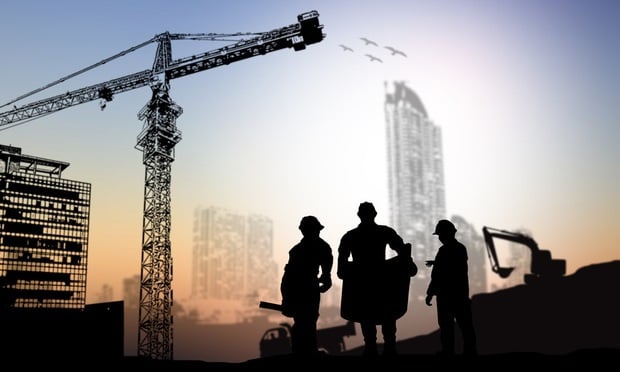WASHINGTON, DC—Thirty-nine percent of contractors report that project owners have halted or canceled current construction projects amid deteriorating economic conditions—a jump from 28% a week ago, according to a new survey by the Associated General Contractors of America.
While many cities have banned non-essential construction, most lately New York City, the survey suggests that the cancellations go beyond these restrictions. Ken Simonson, the association's chief economist, reports that only 18% of respondents have been ordered to halt work by elected officials.
The survey also found that 45% of respondents cited other disruptions such as delays in deliveries or supplies and more than one-third of firms said they had been warned by suppliers that deliveries would be delayed or cancelled in the future. Only 22% reported similar supply chain challenges last week.
Shortages of material, parts and equipment, including personal protective equipment for workers such as respirators, were reported by 23% of respondents. Eighteen percent reported shortages of craftworkers, while 16% said projects were delayed by shortages of government workers needed for inspections, permits and other actions. Thirteen percent said delay or disruption had occurred because a potentially infected person had visited a jobsite.
About 8% of firms reported that they had been asked to remodel or expand hospital facilities or other emergency projects.
"The abrupt plunge in economic activity is taking a swift and severe toll on construction," Simonson says in prepared remarks.
The association would like to see the construction industry included in government relief efforts, such as a boost in infrastructure funding, compensation to firms for lost or delayed federally funded work and pension relief.
AGCA says the project cancellations are particularly severe in light of new data showing that 42 states added construction jobs through February. "The sudden drop in demand stands in sharp contrast to the strong employment levels this industry was experiencing just a few weeks ago," Simonson says.


